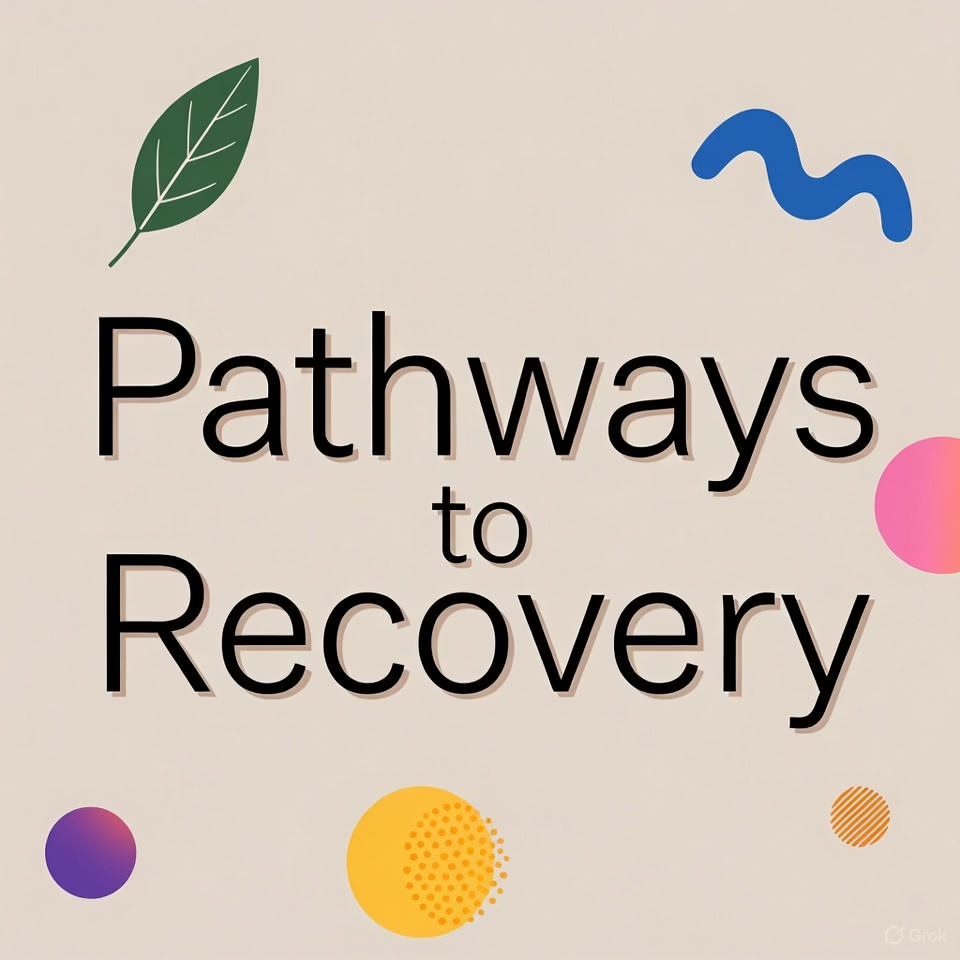Methamphetamine addiction is one of the toughest and most damaging battles a person can fight. This powerful stimulant shakes up the brain, wrecks the body, and impacts every part of someone’s life. The good news is that help is out there, and professional Methamphetamine Addiction Treatment can provide the encouragement, direction, and skills needed to kick the habit and build a brighter, healthier future.
In this article, we’ll look at the deep harm meth use can do, the signs that can’t be ignored, and the treatment choices experts believe work best. Whether you’re thinking about getting help for yourself or for someone you love, knowing what a path to recovery looks like is the vital first step toward making a real and lasting change.
Methamphetamine and How It Harms Us
Methamphetamine, or “meth,” “crystal,” or “ice,” is a man-made stimulant that hits the central nervous system hard. The good feeling and rush of energy it brings is swift and powerful, but it doesn’t last long, and that’s what keeps someone going back for more.
When the drug is used, it floods the brain with dopamine—the chemical that brings pleasure and reward. At the start, there’s a powerful high and a burst of energy, but the body and brain pay a heavy price. Over time, the brain learns to depend on meth and makes less of its own dopamine. This leads to a cycle of needing more and more of the drug, and a fierce drive to get it, no matter the cost.
Short-Term Effects of Meth Use
- Increased alertness and energy
- Intense euphoria
- Rapid heart rate and higher blood pressure
- Decreased appetite
- Heightened focus
Long-Term Effects of Meth Use
- Severe dental issues often called “meth mouth”
- Skin sores from excessive scratching
- Memory loss and sharper mental decline
- Mood swings, anxiety, and psychosis
- Damage to the heart, lungs, and other organs
- Increased chances of stroke and early death
The mental side of meth use is just as painful. Addiction can ruin friendships, jobs, and overall health, often leaving a person feeling completely alone and without hope.
Why Is Professional Treatment Essential?
Many think quitting meth is easy, but it’s usually much tougher. Meth withdrawal is rough and can drive a person back to the drug without medical help. Common symptoms include:
- Extreme tiredness and trouble sleeping
- Severe depression and anxiety
- Strong, frequent cravings
- Irritability and mood swings
- Hard to focus and think straight
A certified Methamphetamine Addiction Treatment program offers a solid plan that tackles both the body and the mind. When treatment combines medical care, therapy, and counseling it greatly raises the chances of a solid, lasting recovery.
Evidence-Based Approaches to Methamphetamine Addiction Treatment
1. Medical Detoxification
For many, the journey starts at an addiction recovery facility where medical detox is carefully supervised, allowing the body to safely eliminate methamphetamine. Experts supervise the process so the body can safely eliminate meth. During detox, doctors may use medicine to soothe withdrawal symptoms and help the patient feel steady and well-supported.
2. Behavioral Therapies
Behavioral therapies are the heart of meth recovery. Two approaches, Cognitive Behavioral Therapy (CBT) and Contingency Management (CM), have shown great success.
- CBT teaches people to spot and change unhealthy thoughts, replacing them with positive coping skills.
- CM gives small, real-world rewards for milestones like staying clean, which encourages and strengthens good behaviors.
3. Dual Diagnosis Treatment
Many people coping with meth addiction also deal with mental health challenges, like depression, anxiety, or PTSD. Treatment that tackles addiction and mental health at the same time—known as dual diagnosis care—leads to better long-term success, because both issues are treated together.
4. Group Therapy and Peer Support
Talking with others who share similar struggles can create powerful bonds. Group therapy sessions and 12-step programs, such as Crystal Meth Anonymous (CMA), provide a sense of community, responsibility, and strength that help people stay on the path to recovery.
5. Family Therapy and Support
Meth addiction affects the whole family. Family therapy gives loved ones a chance to learn, heal, and connect. Therapy sessions build trust, teach clear communication, and create a stronger network of care, so recovery is a team effort.
6. Holistic and Alternative Therapies
Newer recovery centers often weave holistic approaches into their programs. Practices like yoga, meditation, and nutrition counseling come alongside exercise therapy. Together, these methods build whole-body wellness and help both mind and body find their healthy balance.
Life After Treatment: Building a Sustainable Recovery
Kicking meth isn’t a one-and-done deal. After detox or rehab, the real journey begins and carries on for life. Smart aftercare planning protects against relapse and keeps the progress going.
Here’s what solid aftercare looks like:
- Sober Living Homes: Structured and drug-free settings for extra support.
- Ongoing Therapy: Routine counseling sessions to keep triggers and cravings in check.
- Support Groups: Regular meet-ups in the community that build accountability.
- Lifestyle Changes: Healthy daily routines, fitness, and balanced nutrition.
- Relapse Prevention Planning: Identifying and preparing for cravings, triggers, and high-risk moments.
The main goal is to hand each person the tools to enjoy life without drugs.
Breaking the Stigma Around Meth Addiction
Shame and judgment often keep people from seeking help, and that’s a huge hurdle. Addiction isn’t a choice, a weakness, or a moral failing. It’s a medical condition that deserves understanding, treatment, and support. Talking about it openly can help the person next to you feel strong enough to ask for help.
Communities can open a path toward healing by spreading compassion and knowledge. When schools, churches, and workplaces talk frankly about addiction, they help erase the shame that keeps people from seeking the help they need. Well-designed education and awareness campaigns shine a light on the realities of addiction, leading to a kinder view and a healthier response.
Supporting a Loved One Through Recovery
Helping a family member or friend break free of meth can feel overwhelming, but your support matters. Follow these steps to guide them with love:
- Educate Yourself: Read up on meth and the treatments that work.
- Communicate with Compassion: Speak to your loved one from the heart. Listen without shame or blame.
- Encourage Professional Help: Suggest therapy, counseling, or a support group, and help them find the right drug rehab program.
- Set Healthy Boundaries: Supporting them doesn’t mean losing yourself. Define the limits that keep you strong.
- Celebrate Progress: Notice even the smallest change, like a single positive choice, and applaud it.
Keep in mind that change takes time. Relapses can happen, but they do not erase the hard work that was done. Be patient and keep showing up.
Hope for the Future
Meth addiction is tough to beat, but it is not unbeatable. With the right treatment, strong support, and the will to keep going, people do recover. They go on to build new, hopeful lives. The stories of these survivors remind us: even in the darkest valleys, there is a light ahead.
Final Thoughts
Deciding to enter a Methamphetamine addiction treatment program is a brave move on the path to a brighter future. Quality care offers the medical attention, counseling, and long-term encouragement needed to heal the body and mind.
Even long-time users can find a way back. When you connect with the right program, stay determined, and lean on friends and family, recovery can happen. Every road to recovery starts with one small step—yours could be calling a treatment center right now.





